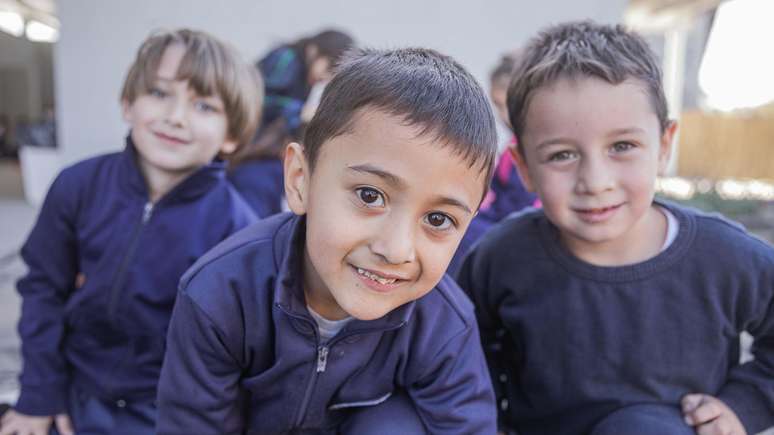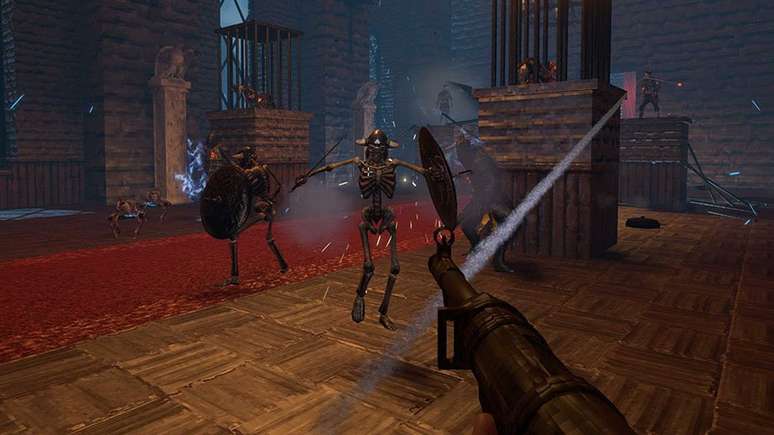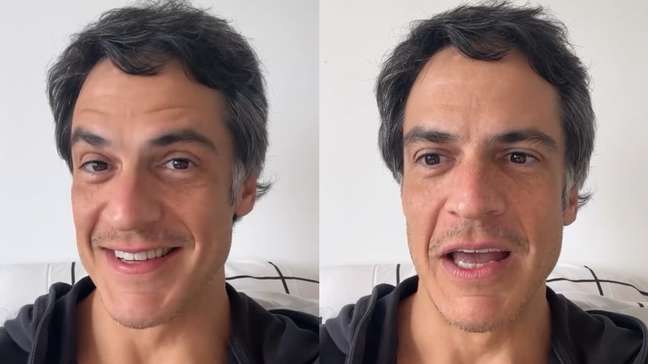The Maria de Guadalupe school educates around 700 children and adolescents, most of the students come from very humble origins.
It is located in a humble neighborhood in one of the less affluent areas of the province of Buenos Aires, Argentina, but the modest María de Guadalupe school was just voted one of the five best schools in the world.
The private institution, which educates around 700 children and adolescents – most from very poor families – in the Las Tunas neighborhood of the municipality of Tigre, won the Best School in the World award (The best school awards in the world) in the “community collaboration” category.
The prize is awarded by the British educational platform T4 Education since 2022 and awards 10,000 dollars (R$57,000) to each of the educational institutions around the world that stand out in five categories (environmental action, innovation, overcoming adversity and promoting a life healthy are the priorities). others).
The winners were chosen by a jury composed of renowned leaders from around the world, including academics, educators, NGOs, social entrepreneurs, representatives of governments, civil society and the private sector.
The María de Guadalupe school is the only school in Latin America awarded this edition – and also the first in Argentina to be nominated for the award.
Four Brazilian schools competed as finalists this year, but none of them were awarded. Last year, two Brazilian schools were among those awarded: the Escola Municipal Professor Edson Pisani, in Belo Horizonte (MG), and the Escola de Ensino Médio em Tempo Integral Joaquim Bastos Gonçalves, in Carnaubal (CE).
Luis Arocha, director of the Argentine school, told BBC News Mundo, the BBC’s Spanish-language news service, that the school was created just 12 years ago as part of a solidarity action, when some people offering tutoring in the neighborhood of Las Tunas, with an organization of the Catholic Church, he decided to create a foundation to open a school there.
“The social worker María Paz Mendizabal and the entrepreneur Roberto Souviron, founder of the online travel agency despegar.com (in Brazil, decolar.com), created the foundation and, in 2012, opened the school with the idea that had specific characteristics in terms of educational outcomes and efficiency,” says Arocha.
When it opened, the María de Guadalupe school had only 150 students and offered only the first three grades of elementary school. In 2016, he was already teaching high school students and currently educates children from the age of four.
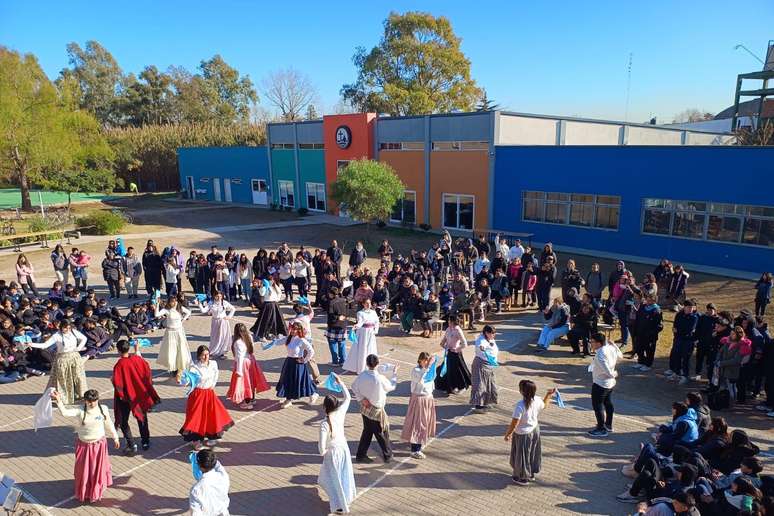
T4 Education highlighted that the school was awarded because it “offers students from socially vulnerable backgrounds an integrated model that combines academic learning with professional development”.
Below, we explain in more detail what the secrets of this school’s success are and why it stands out at a time when Argentine education, once one of the most admired in the region, is experiencing a serious crisis.
Inclusion
One of María de Guadalupe’s strong points is her innovative inclusion model.
The school team does more than just educate. It also helps humble families overcome the obstacles that make it difficult to send their children to school.
Given that poverty affects nearly 53% of the population – including two out of three children – one of these obstacles is economic.
“The school receives a state subsidy from the province of Buenos Aires, which covers 60% of the budget. Another 30% is paid by sponsors and donors who help the foundation. Families only have to pay 10%,” explains Arocha.
Currently, this means a monthly fee of around US$36 (R$205) for a full-time education, much lower than other private schools.
“Many families in our school live on informal jobs and there are months in which they are unable to pay even that amount. In these cases, the awarding of a scholarship is considered”, explains the director.
But lack of money is not the only obstacle to children’s education.
The school also faces other challenges, such as domestic violence or housing problems faced by many of its students.
The interdisciplinary team of social workers, psychologists and educational psychologists who assist the children is fundamental in this aspect.
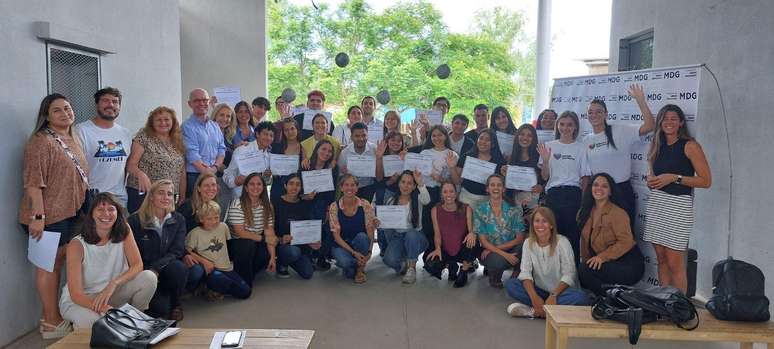
“We carry out a socio-environmental interview with each new family to identify serious problems,” says Arocha.
“We try to coordinate a lot with the city hall and other NGOs that are dedicated to solving certain problems, such as housing.”
“In any case, knowing that half of our families live in overcrowded homes, and that children do not have adequate spaces to do their homework, we try to ensure that the learning process happens mainly here, at school”, he explains.
School dropout
In a country where, according to a study by the Observatorio Argentinos por la Educación, only 13 out of 100 students complete high school by the expected deadline, María de Guadalupe achieves an astonishing performance.
There, 99% of students finish their studies and over 95% do so on time.
“Personalized support is key to this. We work hard with every family and every child. Knowing every story, the backpack everyone carries, without judgment,” says Arocha.
In high schools, when the problem of school dropout worsens (according to the observatory, around 15% of children drop out of school), the students of María de Guadalupe have a tutor every year who helps them face the challenges of adolescence.
The school manages to complete this difficult task of containment, despite the investment per student being similar to that of public schools. But how do they manage to do this? We asked the manager.
“In these schools that work with highly vulnerable populations, there are always problems, but you can be a firefighter and never stop putting out fires. That’s why our work is systematic and preventative,” he says.
“Based on the socio-environmental interview we carried out we can know which issues we will work on with each family.”
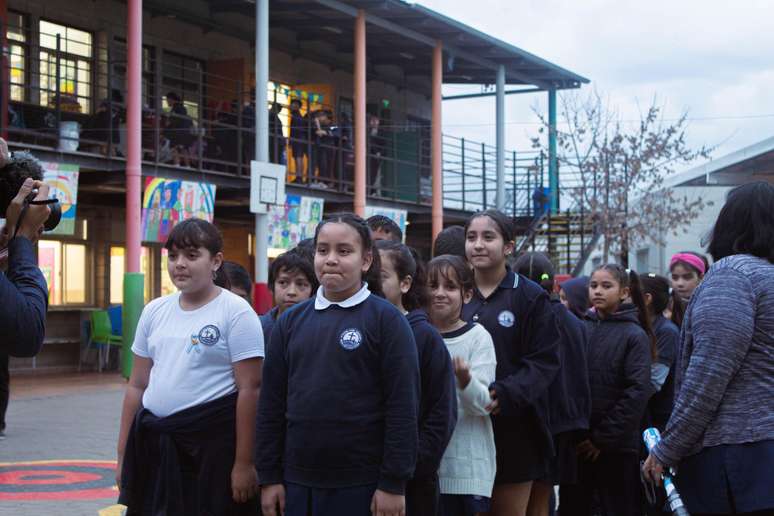
Future
Another success of María de Guadalupe highlighted by the award jury is the large number of graduates who enroll in university courses or find work after graduation.
According to data compiled by the school, nearly 5 in 10 former students continue their education with high school or university studies, which is double the national average for this social group, according to the Observatorio Argentinos por la Educación.
Meanwhile, 87% work or study, a percentage which also exceeds the national average (75%).
This is partly due to the fact that most of María de Guadalupe’s students leave school after learning basic knowledge, which, unfortunately, does not happen in many Argentine schools.
According to the results of the latest Aprendir tests – a national assessment of sixth graders – half of children do not understand mathematics and a third cannot understand what they read.
On the contrary, in 2021, 70% of the sixth graders of the María de Guadalupe institute passed the mathematics test and 69% the language test (most recent data available).
But the school offers them other tools that make it easier for them to enter university or the job market after graduation.
“This is what we are most proud of,” says Arocha, who knows full well how few career opportunities there are for children from humble backgrounds.
“This is a lot of intense work throughout the school day, in what we call foundational knowledge: math, language, digital curriculum and social-emotional skills.”
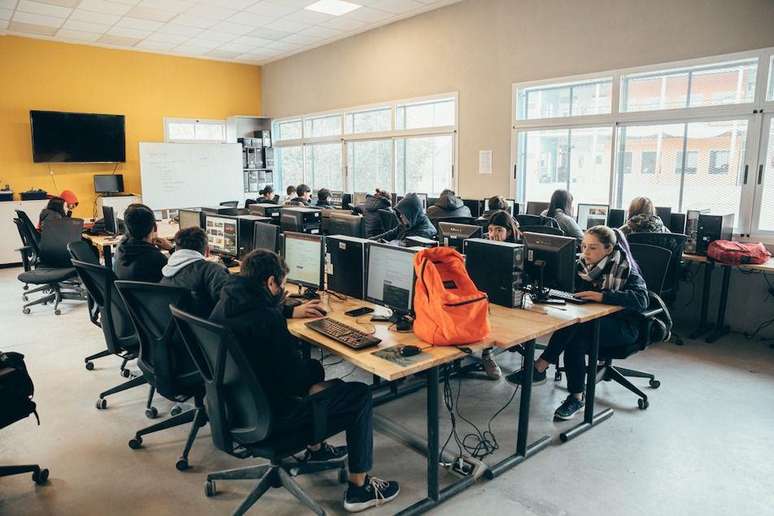
In high school, the school offers career orientation, tutoring and labor market inclusion programs. Furthermore, it allows children to specialize in four areas: programming, audiovisual production, administration or environment.
“Most of our graduates pursue technology-related careers and many end up studying at the National Technological University (UTN), which is close to us,” he says happily.
The director also reveals that the school intends to use the $10,000 prize to invest in new computers.
The success of the school is not only seen in the results of the students who graduate, but also in the large number of people who wish to join the institution.
“For every student who enters the four-year class, there are six who are left out,” laments the director.
But he hopes there will be more schools like this in the future.
In fact, he says that the María de Guadalupe Foundation (MDG) was born with the idea of replicating this first school, and has already opened a second unit, the Rosario Vera Peñaloza school, in Garín, another very disadvantaged neighborhood. Buenos Aires.
Source: Terra
Rose James is a Gossipify movie and series reviewer known for her in-depth analysis and unique perspective on the latest releases. With a background in film studies, she provides engaging and informative reviews, and keeps readers up to date with industry trends and emerging talents.

